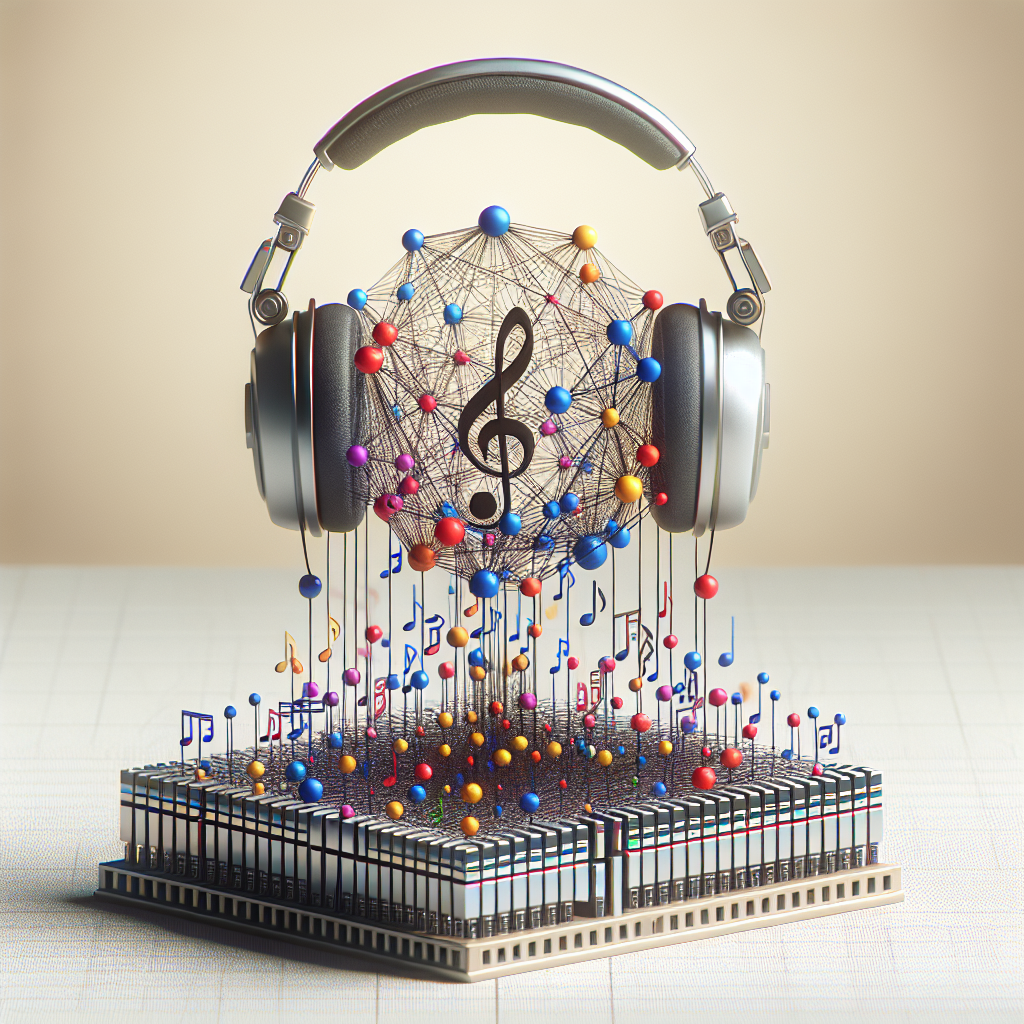Artificial Intelligence has been making significant strides in various industries, and the world of music is no exception. AI has revolutionized the way music is analyzed, critiqued, and even created, offering new insights and possibilities for both musicians and music enthusiasts. In this article, we will explore the impact of AI on music analysis and criticism, discussing its benefits, challenges, and future implications.
AI has the capability to process vast amounts of musical data at a speed and precision that surpasses human capabilities. This allows for more accurate and insightful analysis of music, including elements such as harmony, melody, rhythm, and timbre. AI algorithms can identify patterns and trends in music that may not be immediately apparent to human listeners, leading to new discoveries and interpretations of musical compositions.
One of the most significant applications of AI in music analysis is in the field of music recommendation systems. These systems use machine learning algorithms to analyze a listener’s preferences and behavior, recommending new music based on their tastes. This has revolutionized the way people discover and consume music, leading to more personalized and curated listening experiences.
AI has also been used to analyze and categorize music genres, helping music critics and scholars better understand the evolution of different musical styles. By processing large datasets of music, AI algorithms can identify similarities and differences between genres, leading to new insights and classifications that may challenge traditional notions of genre boundaries.
In addition to music analysis, AI has also played a role in music criticism. AI-powered tools can generate reviews and critiques of music, offering objective and impartial assessments of musical compositions. While AI-generated reviews may lack the emotional depth and nuance of human critics, they can provide valuable insights and perspectives that complement traditional criticism.
However, the rise of AI in music analysis and criticism also raises ethical and philosophical questions. For example, can AI truly replicate the subjective experience of listening to music and the emotional impact it has on listeners? Can AI algorithms capture the cultural and historical context of music, or are they limited to analyzing surface-level features?
Furthermore, there are concerns about the potential bias and discrimination in AI algorithms, particularly in music recommendation systems. If AI is used to curate music for listeners, how can we ensure that it does not reinforce existing biases or limit exposure to diverse and underrepresented artists and genres?
Despite these challenges, the impact of AI on music analysis and criticism is undeniable. AI has the potential to democratize music criticism, making it more accessible and inclusive to a wider audience. By harnessing the power of AI, music critics and scholars can uncover new insights and perspectives that may have been overlooked or inaccessible through traditional methods.
FAQs:
Q: Can AI truly replicate the subjective experience of listening to music?
A: While AI algorithms can analyze and categorize music based on objective features, such as harmony and rhythm, they may struggle to capture the subjective and emotional aspects of music that are unique to each listener’s experience.
Q: How can AI algorithms avoid bias and discrimination in music recommendation systems?
A: To mitigate bias in music recommendation systems, developers can implement strategies such as diversifying training data, monitoring algorithms for bias, and incorporating user feedback to improve recommendations.
Q: What are some examples of AI-powered tools in music analysis and criticism?
A: Some examples of AI-powered tools in music analysis and criticism include music recommendation systems like Spotify’s Discover Weekly, AI-generated music reviews, and genre classification algorithms.
In conclusion, the impact of AI on music analysis and criticism is profound, offering new insights and possibilities for musicians, critics, and music enthusiasts. While there are challenges and ethical considerations to address, the potential of AI to revolutionize the way we understand and appreciate music is undeniable. As AI technology continues to advance, we can expect to see even more exciting developments in the field of music analysis and criticism.

